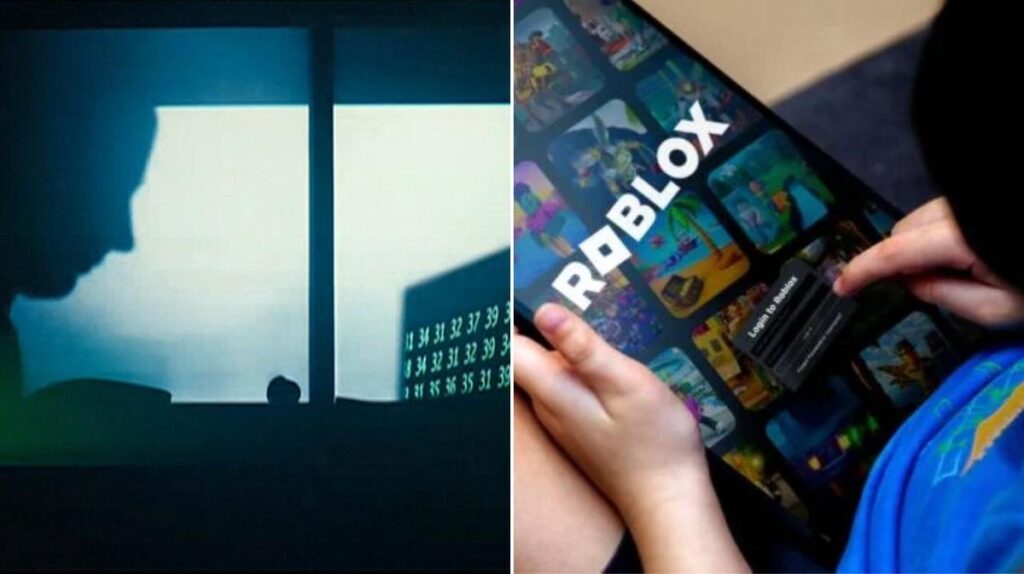
UPDATE: New data reveals a shocking trend: one in five Australian kids has fallen victim to online scams in the past 12 months. Hackers are increasingly infiltrating popular online games like Minecraft and Roblox, targeting children through seemingly harmless messages or links.
URGENT WARNING: Authorities confirm that these scams are leading to severe consequences, including account theft and identity fraud. According to cyber security expert J. Keating, director of SafetyNet Cyber Security, the situation is escalating. “We’ve had a dozen cases in the last week alone,” he stated, highlighting the frequency of hackers using fake giveaways and malicious links.
Parents must be vigilant. Children are often deceived into downloading malware, granting hackers full access to family computers within minutes. This includes sensitive information from emails, social media accounts, and even online banking platforms. Keating emphasized the dangers lurking in popular gaming environments, saying, “Anywhere where you can watch someone play Minecraft or Roblox, there are undoubtedly malicious links.”
The rise of platforms like Discord has become a breeding ground for these scams. Keating warns that the site’s unregulated nature makes it easier for criminals to share harmful files and links. SafetyNet has been engaged in a continuous battle against hackers, particularly those operating from Nigeria and Vietnam. “We’re sort of like the tow truck drivers of the IT world,” Keating remarked, underscoring the urgency of their work in response to these cyber emergencies.
In the wake of these alarming statistics, parents are urged to foster open communication with their children. Keating stressed that if a child clicks on a suspicious link and remains silent, hackers gain valuable time to exploit their data. “If the kid hadn’t told us what actually happened and wasn’t honest, we most likely wouldn’t have been able to fix the issue properly,” he said.
Mother Sarah Megginson, who works with Finder, advocates for strategies to protect children. She encourages using devices in common areas to maintain oversight. “We really discourage the use of devices in the bedroom because they’re by themselves,” Megginson told 7NEWS. She advised parents to instill a crucial lesson: if something seems too good to be true, it probably is.
As the situation develops, parents are advised to stay informed and proactive. The alarming rate at which children are being targeted underscores the need for immediate action and awareness. Stay vigilant and share this information widely to ensure other families remain safe from these online threats.





